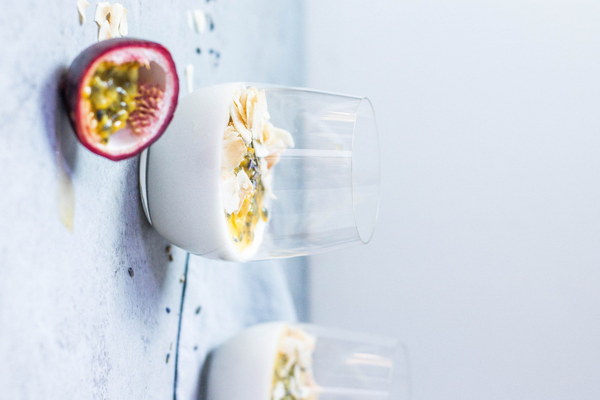Navigating the Difference Beauty and Skincare vs. Health and Wellness
In today's fast-paced world, the pursuit of beauty and wellness has become a significant aspect of life for many. However, there is often a blurred line between beauty and skincare, and health and wellness. Understanding the differences between these two concepts is crucial in crafting a balanced approach to personal care. This article aims to shed light on the distinctions between beauty and skincare versus health and wellness.
Beauty and skincare primarily focus on the external appearance, aiming to enhance and maintain the attractiveness of the skin. The primary goal is to achieve a flawless, radiant, and youthful-looking complexion. Here are some key points to consider:
1. Products and Treatments: Beauty and skincare revolve around the use of cosmetic products, such as moisturizers, serums, and makeup, as well as professional treatments like facials, peels, and microdermabrasion. These products and treatments are designed to address specific skin concerns, such as acne, hyperpigmentation, and wrinkles.
2. Temporary Results: The effects of beauty and skincare products are often temporary, requiring continuous use to maintain the desired outcome. While these products can provide instant gratification, they do not necessarily contribute to long-term health or well-being.
3. Self-esteem and Confidence: Beauty and skincare can significantly impact one's self-esteem and confidence. By achieving a desired appearance, individuals may feel more comfortable and confident in social situations.
On the other hand, health and wellness encompass a broader scope, focusing on the overall well-being of the body, mind, and spirit. While beauty and skincare are important components of health and wellness, they are not the sole focus. Here are some key points to consider:
1. Holistic Approach: Health and wellness involve a holistic approach, addressing various aspects of life, including diet, exercise, stress management, and mental health. This approach aims to improve the quality of life and prevent diseases.
2. Long-term Benefits: Health and wellness practices have long-term benefits, contributing to overall well-being and longevity. By adopting a healthy lifestyle, individuals can reduce the risk of chronic diseases, improve mental health, and enhance their quality of life.
3. Lifestyle Choices: Health and wellness are closely linked to lifestyle choices. This includes maintaining a balanced diet, engaging in regular physical activity, and ensuring adequate sleep. By making conscious choices, individuals can foster a healthier, more vibrant life.
The relationship between beauty and skincare versus health and wellness is interconnected, with one influencing the other. Here are some ways in which these two concepts can complement each other:
1. Balanced Approach: A balanced approach to personal care involves integrating both beauty and skincare practices with health and wellness principles. By focusing on both the external and internal aspects of well-being, individuals can achieve a more harmonious lifestyle.

2. Natural Beauty: Health and wellness practices, such as a balanced diet and regular exercise, can enhance the skin's natural glow and radiance. This natural beauty is often more sustainable and authentic than relying solely on cosmetic products.
3. Prevention: By adopting a health-conscious lifestyle, individuals can prevent many skincare issues before they arise. For example, a diet rich in antioxidants can help protect the skin from damage caused by free radicals.
In conclusion, while beauty and skincare and health and wellness are distinct concepts, they are interrelated and should be approached together. By focusing on both the external and internal aspects of well-being, individuals can achieve a more fulfilling and balanced life. Remember, true beauty emanates from within, and taking care of your health is the best way to radiate that inner glow.









